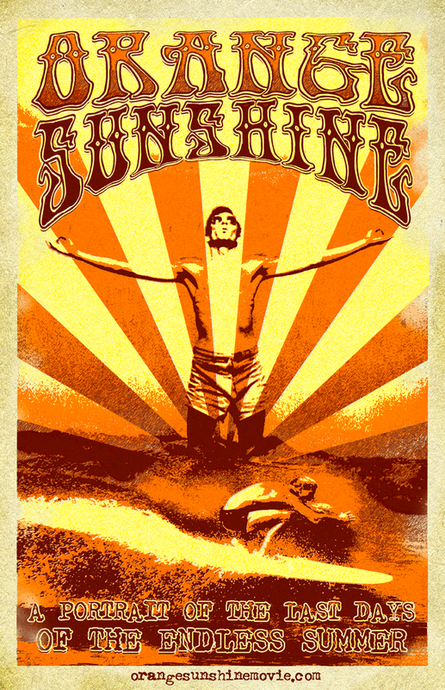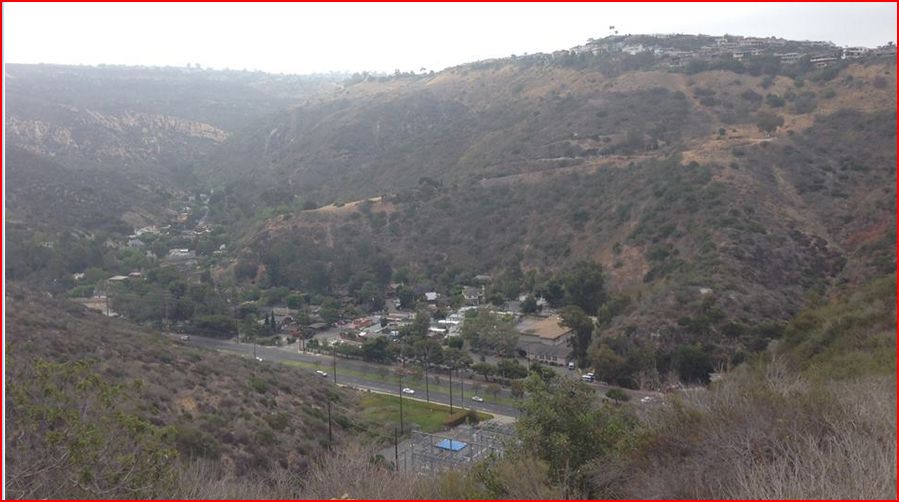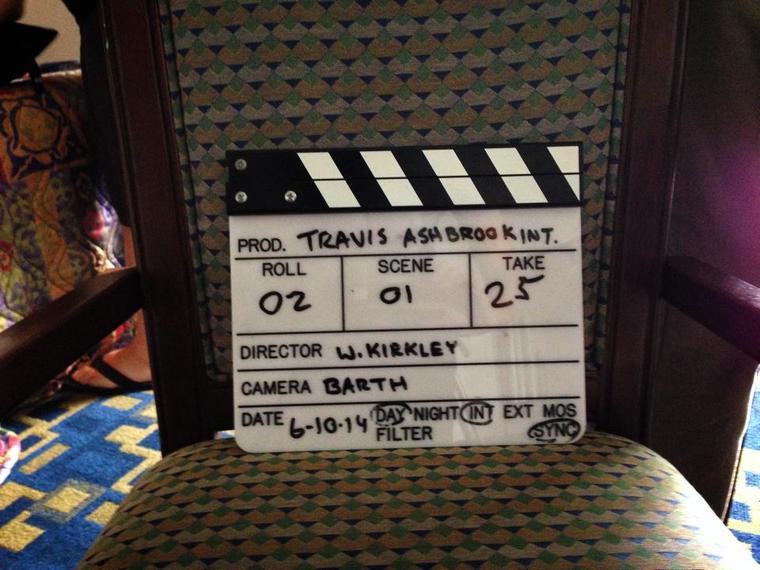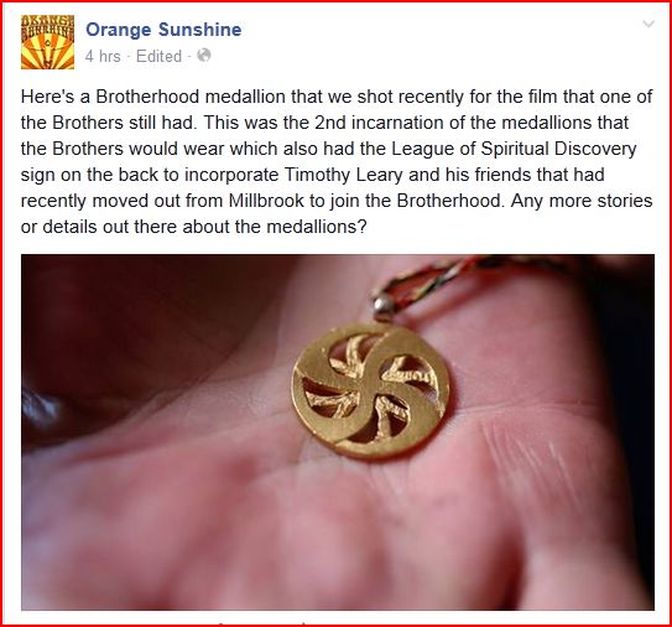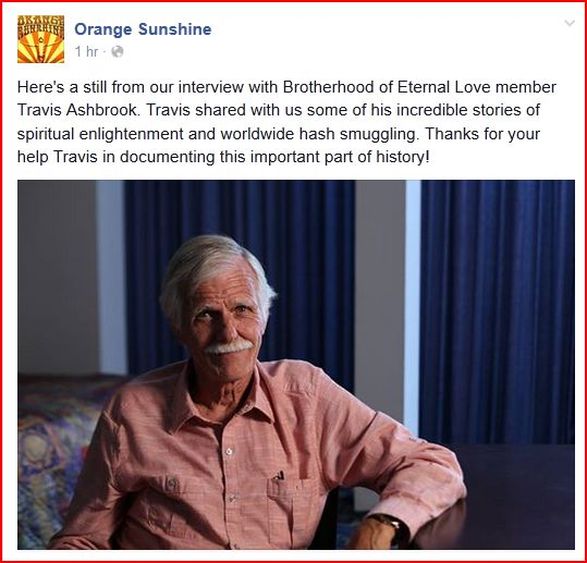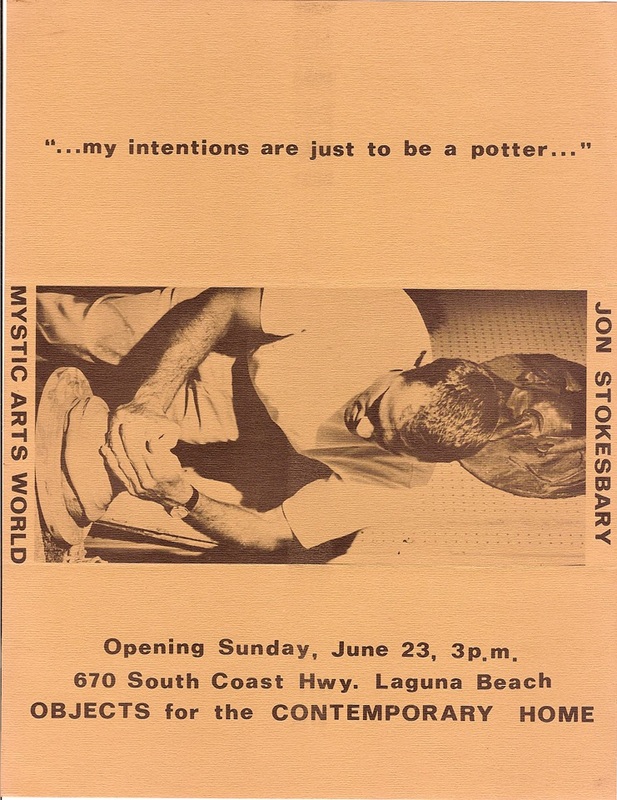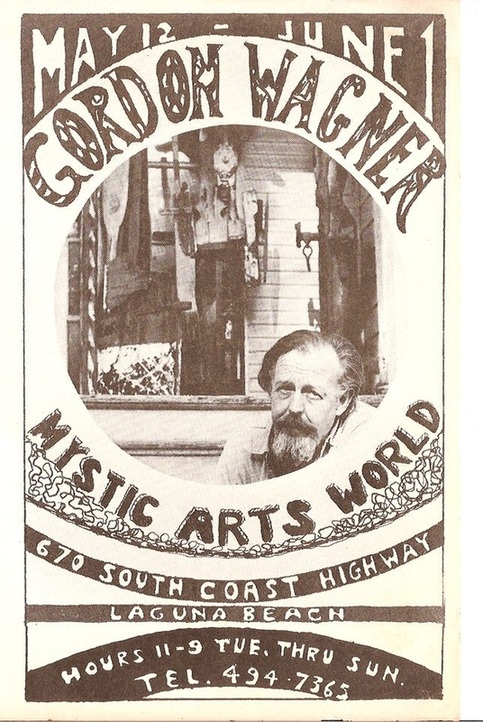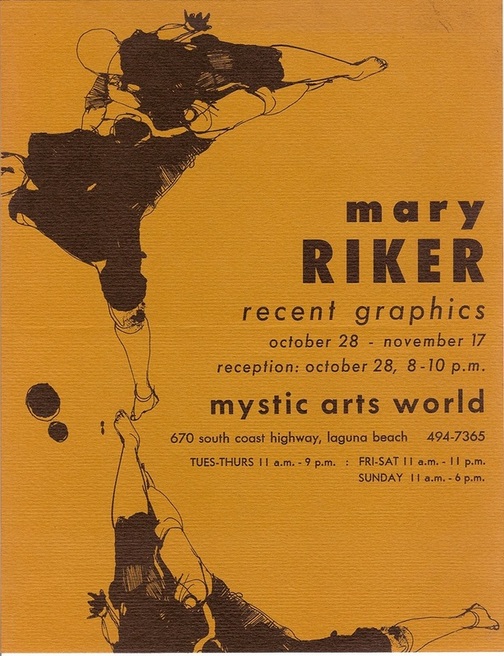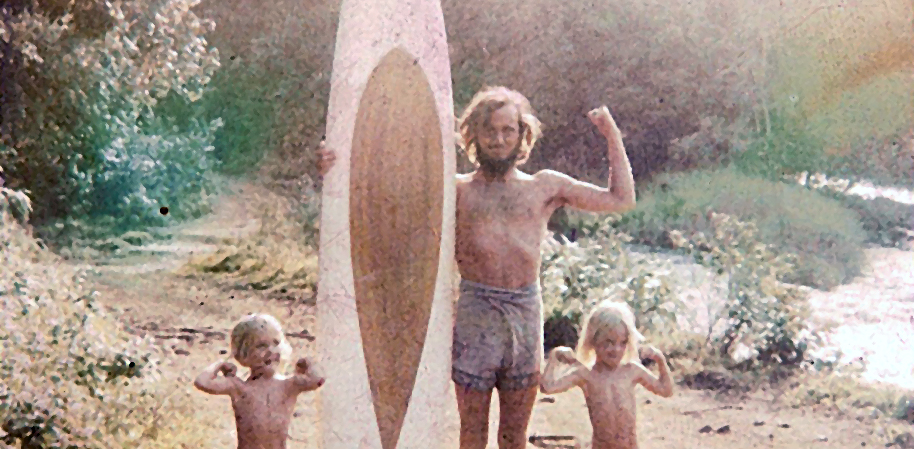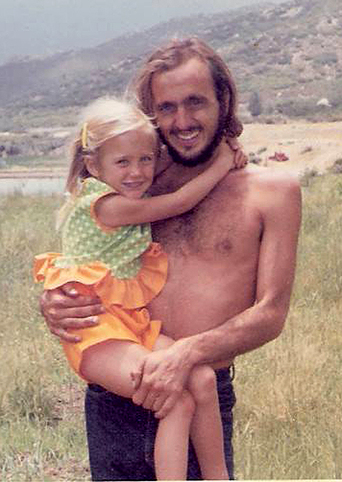William Kirkley's
Orange Sunshine
The Movie
Stills and videos sourced from William Kirkley
https://www.facebook.com/orangesunshinemovie/timeline (c) Kirkley
This archival site has NO affiliation with the film,
so pls contact William Kirkley directly:
Facebook.com/orangesunshinemovie
Halfway through the OS filming process, Kirkley made a contract with Mike Randall to remove the other Brothers, so he could control the narrative. But he wasn't even there in the very beginning. The BEL story didn't start with Mystic Arts World, or the Orange Sunshine brand. It didn't end there, either. Every dog has his day; every brother has his say. So, where's the love?
Everyone knows that both Leary and Orange Sunshine LSD got mixed reviews, but not everyone HAS to agree, especially when they were there at the time and know what the internal effects were. Leary got the same criticism in his own Humanistic and Transpersonal Psychology circles. Some Brothers objected to the ranch purchase; once Griggs passed there was no unified direction.
Kirkley removed Eddie from the film to conform with Randall's contract, and Bobby quit earlier because "because of anti nature policies of the Producers pushing cars, sugar, Coke and evil shit." So, know what you are supporting with this one-sided film.
Founding brothers would like to see a unified front where they don't all have to agree on a possibly distorted view, but each be allowed their point of view and free speech. May it someday be so, again.
However, at the recent OS artshow in Newport Beach, described by an independent reporter as "Reunion Proves a Strange Trip," Mystic Arts Art Director and panel leader, Dion Wright, complained,
"At the panel talk which I moderated early in the Mystic Artists show at OCCC, I was savagely attacked, verbally, moments before I had to face the audience, by one of the panelists, Mike Randall, current de facto titular head of whatever remains of the Brotherhood. He’s the man who came out strong for Sunshine LSD, if you were there. It turns out that he takes issue with my opinions, especially my poor opinion of Sunshine; but his real gripe is that he thinks “I (Dion) don’t like Timothy Leary.” This is warped on several levels, which will all be ironed-out for whomsoever reads my book. The fact is that I liked Tim Leary very much, the charming rogue, but I also saw him objectively, which Mr. Randall is apparently unprepared to do, having perhaps morphed that swashbuckler into something of a saint."
Everyone knows that both Leary and Orange Sunshine LSD got mixed reviews, but not everyone HAS to agree, especially when they were there at the time and know what the internal effects were. Leary got the same criticism in his own Humanistic and Transpersonal Psychology circles. Some Brothers objected to the ranch purchase; once Griggs passed there was no unified direction.
Kirkley removed Eddie from the film to conform with Randall's contract, and Bobby quit earlier because "because of anti nature policies of the Producers pushing cars, sugar, Coke and evil shit." So, know what you are supporting with this one-sided film.
Founding brothers would like to see a unified front where they don't all have to agree on a possibly distorted view, but each be allowed their point of view and free speech. May it someday be so, again.
However, at the recent OS artshow in Newport Beach, described by an independent reporter as "Reunion Proves a Strange Trip," Mystic Arts Art Director and panel leader, Dion Wright, complained,
"At the panel talk which I moderated early in the Mystic Artists show at OCCC, I was savagely attacked, verbally, moments before I had to face the audience, by one of the panelists, Mike Randall, current de facto titular head of whatever remains of the Brotherhood. He’s the man who came out strong for Sunshine LSD, if you were there. It turns out that he takes issue with my opinions, especially my poor opinion of Sunshine; but his real gripe is that he thinks “I (Dion) don’t like Timothy Leary.” This is warped on several levels, which will all be ironed-out for whomsoever reads my book. The fact is that I liked Tim Leary very much, the charming rogue, but I also saw him objectively, which Mr. Randall is apparently unprepared to do, having perhaps morphed that swashbuckler into something of a saint."
The blue house. The red house. The white house. There were seven color-coded houses in all in the sleepy coastal town of Laguna Beach, California, in the area known as Dodge City. Hash was the yellow house. Uppers were red. Acid, orange. And as shabby as these little beach shacks might have seemed, they were home base for one of the largest drug distribution rings in the world. Their occupants were tied to the Hell's Angels and the Grateful Dead. Their famous Orange Sunshine acid was at Altamont and in the hands of Manson and his followers. Their surfing trips around the world yielded some 400 tons of hashish and marijuana. When they weren't making real films, such as Rainbow Bridge, Jimi Hendrix's last on screen performance, they were using film shoots as covers for elaborate drug smuggles.
They were the Brotherhood of Eternal Love, a small family of surfers, hippies and bikers led by none other than Harvard Professor and drug proselytizer Timothy Leary. Orange Sunshine is a feature-length documentary that traces the stories and smugglings of the Brotherhood of Eternal Love, from it's beginning as a small surf gang out of Newport Beach, California [sic] in the mid-sixties to their rise as the largest distributors of LSD and hash in the world by 1969, to their ultimate demise and take-down by governments here and abroad in the early-seventies.
With unique access to members of The Brotherhood of Eternal Love [sic], their friends and close relatives, Orange Sunshine will use interviews, archival material, surveillance photos and visual-aid reenactments to bring the story of the Brotherhood to life in an exciting, narrative style that will take the viewer on a journey of international drug smuggling, the sexual revolution, and the last days of the endless summer.
Written by William A. Kirkley
They were the Brotherhood of Eternal Love, a small family of surfers, hippies and bikers led by none other than Harvard Professor and drug proselytizer Timothy Leary. Orange Sunshine is a feature-length documentary that traces the stories and smugglings of the Brotherhood of Eternal Love, from it's beginning as a small surf gang out of Newport Beach, California [sic] in the mid-sixties to their rise as the largest distributors of LSD and hash in the world by 1969, to their ultimate demise and take-down by governments here and abroad in the early-seventies.
With unique access to members of The Brotherhood of Eternal Love [sic], their friends and close relatives, Orange Sunshine will use interviews, archival material, surveillance photos and visual-aid reenactments to bring the story of the Brotherhood to life in an exciting, narrative style that will take the viewer on a journey of international drug smuggling, the sexual revolution, and the last days of the endless summer.
Written by William A. Kirkley
ORANGE SUNSHINE: The Movie
COMING SOON
This archival site has NO affiliation with the film, so pls contact
William Kirkley directly:
Facebook.com/orangesunshinemovie
COMING SOON
This archival site has NO affiliation with the film, so pls contact
William Kirkley directly:
Facebook.com/orangesunshinemovie
UPDATE June 2014:
"So yesterday we were shooting aerials in Laguna Canyon for the Orange Sunshine documentary and one of our shots was flying above Laguna canyon road for about a mile through some twists and turns at sunrise. We followed the drone helicopter with a car and it was everything I had been picturing for these past few years. And then, when we pulled over, we lost communication with the drone and it took off up into the canyon over the undeveloped hills. So we climbed a barbed wire fence and hiked around an area with deep brush, cactus and poison oak for a good six hours yesterday and came back empty handed. To say we were incredibly bummed was an understatement. So we went back out there this morning with hiking boots, sunscreen, a machete and binoculars (you know, all the proper tools) and after 4 more hours and climbing a combined two thousand feet by foot, we finally found it resting in a bush, unharmed. Yesterday I was totally worried that we had lost a $5k drone but today we found it and we "got our shot". "
"Orange Sunshine Nearly 6 years! Can you believe it? We didn't want to finish the film without getting a few key interviews which have been holding out for all these years - people who haven't done any interviews with anyone, including the book. And we just got those recently. So, we're finally nearing the end with this film.
There's still much more to shoot but I'm also cutting at the same time. Really making a big push to at the very soonest have it done by the end of the year which will be contingent on us raising some finishing funds through kickstarter. If not it'll take a little longer?"
"So yesterday we were shooting aerials in Laguna Canyon for the Orange Sunshine documentary and one of our shots was flying above Laguna canyon road for about a mile through some twists and turns at sunrise. We followed the drone helicopter with a car and it was everything I had been picturing for these past few years. And then, when we pulled over, we lost communication with the drone and it took off up into the canyon over the undeveloped hills. So we climbed a barbed wire fence and hiked around an area with deep brush, cactus and poison oak for a good six hours yesterday and came back empty handed. To say we were incredibly bummed was an understatement. So we went back out there this morning with hiking boots, sunscreen, a machete and binoculars (you know, all the proper tools) and after 4 more hours and climbing a combined two thousand feet by foot, we finally found it resting in a bush, unharmed. Yesterday I was totally worried that we had lost a $5k drone but today we found it and we "got our shot". "
"Orange Sunshine Nearly 6 years! Can you believe it? We didn't want to finish the film without getting a few key interviews which have been holding out for all these years - people who haven't done any interviews with anyone, including the book. And we just got those recently. So, we're finally nearing the end with this film.
There's still much more to shoot but I'm also cutting at the same time. Really making a big push to at the very soonest have it done by the end of the year which will be contingent on us raising some finishing funds through kickstarter. If not it'll take a little longer?"
Few people realize that the Brotherhood's shop Mystic Arts World in Laguna was not only the cultural and psychedelic epicenter of Southern California at a time when few other similar shops existed, but it was also named by the LA Times as the most important art gallery in LA at the time. Artist Dion Wright curated the shows and shared with us a few of the flyers.
Orange Sunshine: The Movie
William Kirkley and Rudy Barr are producing a film called "Orange Sunshine"
William Kirkley and Rudy Barr are producing a film called "Orange Sunshine"
Griggs & daughter, 1969
ETERNAL SUNSHINE
Director William A. Kirkley Rediscovers the Dark Side of OC's Summer of Love
The upscale crowd that gathered at Costa Mesa's Aire Global Cuisine on April 16 for the Newport Beach Film Festival Director's Dinner were well-prepared to mingle, network and, most of all, take advantage of the restaurant's generous open bar. What they probably weren't prepared for was the onscreen unveiling of Orange County's secret history as the nation's onetime epicenter for LSD.
But for 10 minutes, diners got an exclusive glimpse of their county's trippy past when director William A. Kirkley presented a trailer for his upcoming documentary Orange Sunshine, the true story of Orange County's Brotherhood of Eternal Love, also known as the Hippie Mafia. The movie depicts the unbelievable rise and fall of Timothy Leary's legendary cult--which started as a group of Laguna Beach surfers and quickly became the world's largest acid, hash and marijuana distribution network.
The group's headquarters, a Laguna Beach head shop called Mystic Arts World, mysteriously burned down in 1970, and two years later, law enforcement indicted several dozen members of the group. Those who weren't arrested fled overseas. The story of the Brotherhood is one of the strangest chapters of American counter-cultural history, yet 40 years after its inception during the so-called Summer of Love, it's one that remains little-understood and, outside the confines of Laguna Canyon, all but unknown.
That fact isn't completely coincidental. Many people associated with the Brotherhood continue to live underground, believing they could end up in jail if authorities learn their true identities. Several members of the group lived under assumed names until the mid-1990s, when they were finally tracked down and arrested. Meanwhile, other people who weren't really in the Brotherhood have made a career out of hyping a self-proclaimed connection.
As one former member--who spoke on the condition of anonymity--told me, "If you remember it, you weren't there."
Fortunately, enough people who were really there and who do remember what happened are now helping Kirkley tell the tale. The film's title comes from the name of the orange-colored acid tabs the Brotherhood printed up by the thousand in Laguna Canyon and then distributed to Grateful Dead shows and communes around the country in their effort to fuel the nation's psychedelic revolution, which they hoped would eventually lead to a nationwide spiritual awakening.
Kirkley, 28, grew up in Newport Beach before moving to New York, where he filmed his first documentary, Excavating Taylor Mead, a lost-and-found profile of Andy Warhol's first superstar, whom Kirkley met at a restaurant in New York's Lower East Side and originally mistook for a homeless person. The movie debuted at the 2005 Tribeca Film Festival as a nominee for best documentary; it then screened in London, Italy, Philadelphia and Boston.
After finishing that film, Kirkley returned to California and began searching for a new project. His father-in-law, a former Laguna Beach resident who had peripheral involvement with the Brotherhood, told him about this crazy band of surfer hippies in Laguna Canyon who once tried to sell enough acid to buy an island where Timothy Leary would reign as a demigod. Then--shameless self-promotion alert--Kirkley read my Weekly feature story about the Brotherhood ( "Lords of Acid," July 8, 2005 ), and he was hooked.
"I couldn't believe that OC had this kind of hidden past, this secret history you would never expect in such a conservative place," Kirkley says.
How Kirkley came to be the first filmmaker to explore the story of the Brotherhood is a story almost as surprising as that of the Brotherhood itself. As a child of divorced parents in Newport Beach, Kirkley rebelled against what he saw as the meaningless conformity of Orange County. He shaved his head, leaving only an anarchist-style spiked Mohawk. He skipped classes to skateboard around town. The first time he ran away from home was during his freshman year in high school.
"A girl I knew had a car," Kirkley recalls. "I told her I was going to Seattle and asked if she wanted to go with me. We drove all the way up there and spent the last of our money at Denny's for a meal. Then we fell asleep in our car and were woken up by a police officer." The cop put Kirkley back on a bus to Orange County. But he ran away again two years later, when he was 16 years old. He hitchhiked his way to San Francisco and fell in with a group of fellow runaways.
"It didn't last long," Kirkley says. "I realized it was just a bunch of frat boys who shaved their heads into Mohawks because they didn't get a Range Rover for their birthday. One day, I was sitting around, smoking pot with all these people, and I just see all these kids becoming the future bums of America, the future homeless. I had way too much to do with my life. I had always known I wanted to be a filmmaker, and if I stayed in that scene, I would never reach that goal."
After a year in the Bay Area, Kirkley moved to the Los Angeles neighborhood of Echo Park. He hung out in coffee shops and told local bands he was a music-video director, did a few shoots for free, signed up with an agent, and began working on a film script. "It was a hitman-genre script, a romantic dark comedy called Cigarettes for Breakfast," Kirkley says. "I started going to parties and meeting all these people and being introduced as the next big writer." The agent landed a $50,000 option deal but told Kirkley to wait for something better--nothing ever came of the project.
But Kirkley's music-video ambitions did bear fruit. He directed a video for a band called the Flys, who performed on the Tonight Show and MTV. He later filmed their nationwide tour. Kirkley's second video, for an Orange County band called Hinged, gave him his first experience in production. At about that time, Kirkley met his future wife, Emmy Hoxter, and they moved to New York together.
There, Kirkley happened upon Taylor Mead, the former Warhol superstar. Kirkley spent several months begging Mead to let him follow him around with a camera. Mead rebuffed Kirkley repeatedly, but he finally gave up and, in January 2001, agreed to be filmed. Kirkley spent the next four years documenting Mead's life on film.
Meanwhile, Emmy's father, Don, who had spent time in Laguna Canyon in the 1960s, regaled Kirkley with tales of the Brotherhood and urged him to consider making a documentary about the group. "I told [Kirkley] that not only are a lot of us getting older now and some are already dead, but there is also a critical mass happening with the Brotherhood," Don says. "People have always been pushing me to tell this story because it's never been told."
After reading "Lords of Acid," Kirkley says he realized his father-in-law's stories about Laguna Beach's hidden past could make a great movie. He began researching the Brotherhood. He tracked down rare archival footage. He convinced one of the artists who ran with the group to share posters and other mementos as visual aids in the film. He also interviewed numerous veterans of the group, many of whom were profiled in "Lords of Acid" but were initially reluctant to appear on camera.
You can find Kirkley's trailer on YouTube by typing in the words "Orange Sunshine" and "Kirkley." Among the ex-Brotherhood figures featured in the trailer are "Thumper," an Orange County businessman who ran away from home at age 14 to live with his sister in a Laguna Canyon house. Thumper went on surfing trips with John Gale, one of the Brotherhood's legendary leaders, and later became a major drug dealer in his own right. Kirkley also interviewed Robert "Stubby" Tierney, a major Brotherhood smuggler who did a stint in federal prison, then changed his name and became a television and music-video producer before losing everything. A born-again Christian, Tierney now lives in a senior center in Newport Beach.
( Full disclosure: Also appearing is yours truly as a supposed "expert" on the Brotherhood. Besides the story I wrote two years ago, I'm also working on a book about the group and am sharing information from my reporting with Kirkley. Once the film gets made, I will get a writing credit. )
Helping Kirkley are several colleagues from the commercial-production company where he works. He's currently meeting with potential distributors. One prominent OC-based surfwear manufacturer expressed interest in the film but backed off after realizing the movie's hallucino-centric content violated the company's anti-drug policy. "We have all these great people in place," Kirkley says. "Everyone [sic] really believes in the project, and we just have to get somebody to help make it."
Director William A. Kirkley Rediscovers the Dark Side of OC's Summer of Love
The upscale crowd that gathered at Costa Mesa's Aire Global Cuisine on April 16 for the Newport Beach Film Festival Director's Dinner were well-prepared to mingle, network and, most of all, take advantage of the restaurant's generous open bar. What they probably weren't prepared for was the onscreen unveiling of Orange County's secret history as the nation's onetime epicenter for LSD.
But for 10 minutes, diners got an exclusive glimpse of their county's trippy past when director William A. Kirkley presented a trailer for his upcoming documentary Orange Sunshine, the true story of Orange County's Brotherhood of Eternal Love, also known as the Hippie Mafia. The movie depicts the unbelievable rise and fall of Timothy Leary's legendary cult--which started as a group of Laguna Beach surfers and quickly became the world's largest acid, hash and marijuana distribution network.
The group's headquarters, a Laguna Beach head shop called Mystic Arts World, mysteriously burned down in 1970, and two years later, law enforcement indicted several dozen members of the group. Those who weren't arrested fled overseas. The story of the Brotherhood is one of the strangest chapters of American counter-cultural history, yet 40 years after its inception during the so-called Summer of Love, it's one that remains little-understood and, outside the confines of Laguna Canyon, all but unknown.
That fact isn't completely coincidental. Many people associated with the Brotherhood continue to live underground, believing they could end up in jail if authorities learn their true identities. Several members of the group lived under assumed names until the mid-1990s, when they were finally tracked down and arrested. Meanwhile, other people who weren't really in the Brotherhood have made a career out of hyping a self-proclaimed connection.
As one former member--who spoke on the condition of anonymity--told me, "If you remember it, you weren't there."
Fortunately, enough people who were really there and who do remember what happened are now helping Kirkley tell the tale. The film's title comes from the name of the orange-colored acid tabs the Brotherhood printed up by the thousand in Laguna Canyon and then distributed to Grateful Dead shows and communes around the country in their effort to fuel the nation's psychedelic revolution, which they hoped would eventually lead to a nationwide spiritual awakening.
Kirkley, 28, grew up in Newport Beach before moving to New York, where he filmed his first documentary, Excavating Taylor Mead, a lost-and-found profile of Andy Warhol's first superstar, whom Kirkley met at a restaurant in New York's Lower East Side and originally mistook for a homeless person. The movie debuted at the 2005 Tribeca Film Festival as a nominee for best documentary; it then screened in London, Italy, Philadelphia and Boston.
After finishing that film, Kirkley returned to California and began searching for a new project. His father-in-law, a former Laguna Beach resident who had peripheral involvement with the Brotherhood, told him about this crazy band of surfer hippies in Laguna Canyon who once tried to sell enough acid to buy an island where Timothy Leary would reign as a demigod. Then--shameless self-promotion alert--Kirkley read my Weekly feature story about the Brotherhood ( "Lords of Acid," July 8, 2005 ), and he was hooked.
"I couldn't believe that OC had this kind of hidden past, this secret history you would never expect in such a conservative place," Kirkley says.
How Kirkley came to be the first filmmaker to explore the story of the Brotherhood is a story almost as surprising as that of the Brotherhood itself. As a child of divorced parents in Newport Beach, Kirkley rebelled against what he saw as the meaningless conformity of Orange County. He shaved his head, leaving only an anarchist-style spiked Mohawk. He skipped classes to skateboard around town. The first time he ran away from home was during his freshman year in high school.
"A girl I knew had a car," Kirkley recalls. "I told her I was going to Seattle and asked if she wanted to go with me. We drove all the way up there and spent the last of our money at Denny's for a meal. Then we fell asleep in our car and were woken up by a police officer." The cop put Kirkley back on a bus to Orange County. But he ran away again two years later, when he was 16 years old. He hitchhiked his way to San Francisco and fell in with a group of fellow runaways.
"It didn't last long," Kirkley says. "I realized it was just a bunch of frat boys who shaved their heads into Mohawks because they didn't get a Range Rover for their birthday. One day, I was sitting around, smoking pot with all these people, and I just see all these kids becoming the future bums of America, the future homeless. I had way too much to do with my life. I had always known I wanted to be a filmmaker, and if I stayed in that scene, I would never reach that goal."
After a year in the Bay Area, Kirkley moved to the Los Angeles neighborhood of Echo Park. He hung out in coffee shops and told local bands he was a music-video director, did a few shoots for free, signed up with an agent, and began working on a film script. "It was a hitman-genre script, a romantic dark comedy called Cigarettes for Breakfast," Kirkley says. "I started going to parties and meeting all these people and being introduced as the next big writer." The agent landed a $50,000 option deal but told Kirkley to wait for something better--nothing ever came of the project.
But Kirkley's music-video ambitions did bear fruit. He directed a video for a band called the Flys, who performed on the Tonight Show and MTV. He later filmed their nationwide tour. Kirkley's second video, for an Orange County band called Hinged, gave him his first experience in production. At about that time, Kirkley met his future wife, Emmy Hoxter, and they moved to New York together.
There, Kirkley happened upon Taylor Mead, the former Warhol superstar. Kirkley spent several months begging Mead to let him follow him around with a camera. Mead rebuffed Kirkley repeatedly, but he finally gave up and, in January 2001, agreed to be filmed. Kirkley spent the next four years documenting Mead's life on film.
Meanwhile, Emmy's father, Don, who had spent time in Laguna Canyon in the 1960s, regaled Kirkley with tales of the Brotherhood and urged him to consider making a documentary about the group. "I told [Kirkley] that not only are a lot of us getting older now and some are already dead, but there is also a critical mass happening with the Brotherhood," Don says. "People have always been pushing me to tell this story because it's never been told."
After reading "Lords of Acid," Kirkley says he realized his father-in-law's stories about Laguna Beach's hidden past could make a great movie. He began researching the Brotherhood. He tracked down rare archival footage. He convinced one of the artists who ran with the group to share posters and other mementos as visual aids in the film. He also interviewed numerous veterans of the group, many of whom were profiled in "Lords of Acid" but were initially reluctant to appear on camera.
You can find Kirkley's trailer on YouTube by typing in the words "Orange Sunshine" and "Kirkley." Among the ex-Brotherhood figures featured in the trailer are "Thumper," an Orange County businessman who ran away from home at age 14 to live with his sister in a Laguna Canyon house. Thumper went on surfing trips with John Gale, one of the Brotherhood's legendary leaders, and later became a major drug dealer in his own right. Kirkley also interviewed Robert "Stubby" Tierney, a major Brotherhood smuggler who did a stint in federal prison, then changed his name and became a television and music-video producer before losing everything. A born-again Christian, Tierney now lives in a senior center in Newport Beach.
( Full disclosure: Also appearing is yours truly as a supposed "expert" on the Brotherhood. Besides the story I wrote two years ago, I'm also working on a book about the group and am sharing information from my reporting with Kirkley. Once the film gets made, I will get a writing credit. )
Helping Kirkley are several colleagues from the commercial-production company where he works. He's currently meeting with potential distributors. One prominent OC-based surfwear manufacturer expressed interest in the film but backed off after realizing the movie's hallucino-centric content violated the company's anti-drug policy. "We have all these great people in place," Kirkley says. "Everyone [sic] really believes in the project, and we just have to get somebody to help make it."

